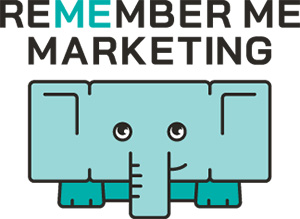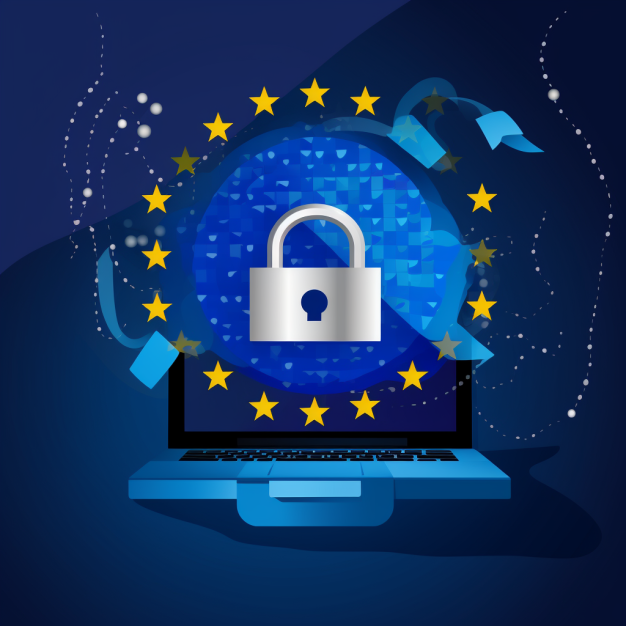Navigating the Complexities of GDPR in Your Email Strategies
The General Data Protection Regulation (GDPR) has redefined the landscape of data privacy and email marketing in the European Union. But its impact goes beyond European borders, affecting any business worldwide that deals with EU residents’ data. Understanding and complying with GDPR is not just about avoiding hefty fines; it’s about respecting customer privacy and building trust. In this post, we’ll explore the key aspects of GDPR compliance for your email marketing efforts.
1. What is GDPR?
The GDPR is a comprehensive data protection law that came into effect on May 25, 2018, in the European Union. It sets strict guidelines for the collection, processing, and storage of personal data. The regulation applies to all entities that handle the personal data of EU residents, regardless of where the entity is based.
2. Consent is Key
Under GDPR, consent is the cornerstone of data processing. For email marketing, this means you must obtain explicit permission from individuals before sending them marketing emails. Consent should be freely given, specific, informed, and unambiguous – a clear affirmative action.
3. Right to Access and Right to be Forgotten
Individuals have the right to access their personal data that you hold and the right to be forgotten, meaning they can request their data to be deleted. Ensure your email marketing system allows you to efficiently respond to these requests.
4. Data Processing Records
Maintain records of how and when an individual gave consent to receive emails from you. Documenting consent helps you demonstrate compliance in case of any disputes or regulatory scrutiny.
5. Data Breach Notification
If you experience a data breach, GDPR requires you to notify the relevant authorities within 72 hours after becoming aware of it. In some cases, you must also inform the individuals affected by the breach.
6. Privacy by Design
Adopt a privacy-by-design approach in all your email marketing activities. This means considering data protection and privacy issues upfront in any new project or campaign.
7. Segmentation and Personalization
While GDPR restricts how you can use personal data, it doesn’t mean the end of personalized marketing. You can still segment your audience and personalize content, as long as you respect privacy rules and consent.
8. Review Your Third-Party Providers
If you use third-party services (like email marketing platforms), ensure they are GDPR compliant. You are responsible for how they handle your subscribers’ data.
9. Regular Audits and Training
Conduct regular GDPR compliance audits and keep your team trained on these requirements. Understanding GDPR should be an integral part of your marketing team’s skillset.
GDPR compliance may seem daunting, but it’s an opportunity to build a more transparent and trust-based relationship with your audience. By respecting your subscribers’ privacy and data rights, you’re not only complying with the law but also enhancing your brand reputation.
Remember, GDPR compliance is an ongoing journey. Stay informed, adapt to changes, and continually review your processes. For more guidance on GDPR-compliant email marketing strategies, feel free to reach out to us at Remember Me Marketing – your partners in compliant and effective email marketing.

